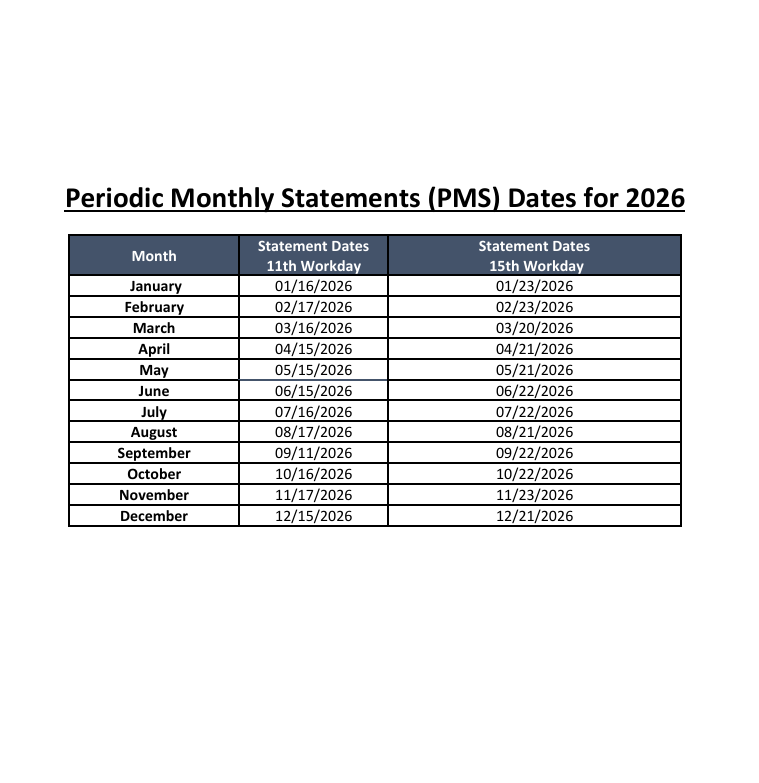October 20, 2025
WASHINGTON – Today, the United States Trade Representative determined under Section 301 of the Trade Act of 1974 that Nicaragua’s acts, policies, and practices related to abuses of labor rights, abuses of human rights and fundamental freedoms, and dismantling of the rule of law are unreasonable and burden or restrict U.S. commerce.
As a result of the determination that Nicaragua’s acts, policies, and practices are actionable, the U.S. Trade Representative has proposed a range of responsive actions.
The Office of the U.S. Trade Representative (USTR) issued a report today which details evidence and findings supporting the Section 301 determination. The Report is available here.
Background
Section 301 of the Trade Act of 1974, as amended (Trade Act), is designed to address unfair foreign practices affecting U.S. commerce. Section 301 may be used to respond to unjustifiable, unreasonable, or discriminatory foreign government practices that burden or restrict U.S. commerce. A Section 301(b) investigation examines whether the acts, policies, or practices are unreasonable or discriminatory and burden or restrict U.S. commerce.
On December 10, 2024, pursuant to Section 302(b)(1) of the Trade Act, after receiving the advice of the Section 301 Committee and advisory committees, the United States Trade Representative determined to initiate an investigation regarding Nicaragua’s acts, policies, and practices related to labor rights, human rights, and the rule of law.
Pursuant to Section 304(b)(1)(A) of the Trade Act, USTR provided the public and interested persons with opportunities to present their views through a public comment process and through a public hearing. USTR received witness testimony and more than 160 comments and rebuttal comments. The investigation also elicited testimony evidencing certain gross violations of human rights which USTR is referring to the U.S. Department of State for further investigation, action, and advocacy on those issues.
The U.S. Trade Representative today has determined that Nicaragua’s acts, policies, and practices related to labor rights, human rights and fundamental freedoms, and the rule of law are unreasonable and burden or restrict U.S. commerce, and thus are actionable under Section 301(b)(1) of the Trade Act.
The U.S. Trade Representative has also determined to propose responsive action in this investigation. As set out in the Federal Register notice, the public is invited to provide written comments by November 19, 2025, on the proposed action.
A copy of the Federal Register Notice setting out the U.S. Trade Representative’s actionability determination and proposed action is available here.
A copy of the USTR Report is available here.
A docket for comments regarding the investigation will be available here.
###
https://ustr.gov/about/policy-offices/press-office/press-releases/2025/october/ustr-section-301-determination-nicaraguas-acts-policies-and-practices-relating-labor-rights-human



